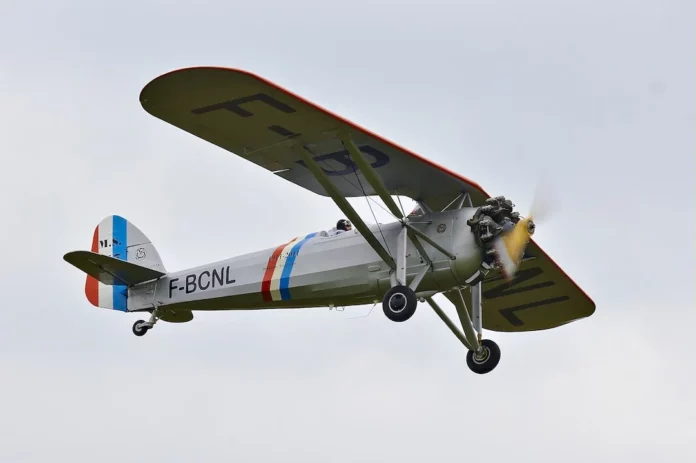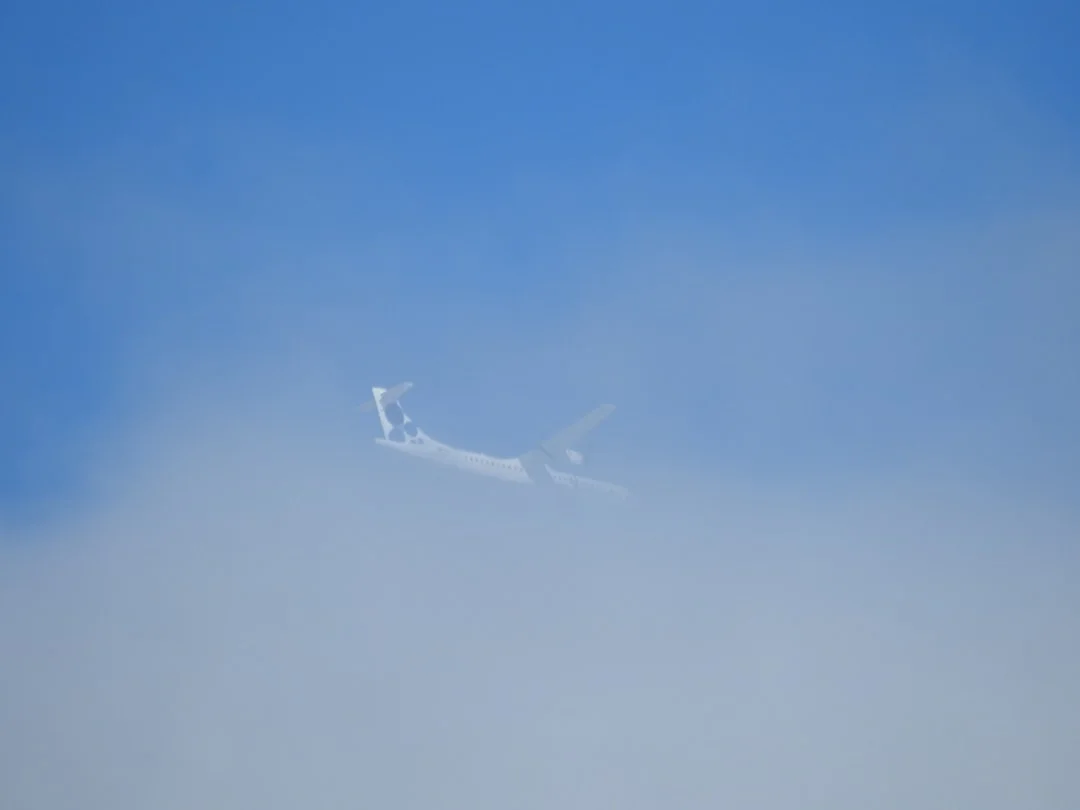The Intermediate Position Pick, abbreviated as IPPU, is an important mechanism in the Airbus A320 aircraft. This system is designed to assist pilots during manual flight operations by providing stability and control in various flight conditions. By understanding the role and functioning of the Intermediate Position Pick, pilots can effectively utilize this feature to ensure safe and efficient flying experiences.
Understanding the Intermediate Position Pick
The Intermediate Position Pick (IPPU) is a component of the Airbus A320’s flight control system. It is a device present in the cockpit that helps pilots maintain a stable aircraft position during manual flight operations, especially during pitch control. The IPPU assists in minimizing the workload on pilots by automatically providing inputs to the flight control surfaces based on the aircraft’s current flight conditions.
During manual flight operations, the IPPU acts as an interface between the pilot and the flight control surfaces. The system continuously monitors the pilot’s inputs through the sidestick, analyzes the flight conditions, and computes the appropriate flight control surface positions to maintain stability. It provides intermediate control inputs to the flight control surfaces, hence the name Intermediate Position Pick.
The IPPU adapts its functionality based on the flight control laws active at any given time. The Airbus A320 employs three primary flight control laws: Normal Law, Alternate Law, and Direct Law. Each of these laws determines the level of protection and control provided by the flight control system.
Under the Normal Law, the IPPU ensures that the aircraft remains within safe flight envelopes, preventing excessive pitch rates and bank angles. It provides smooth and precise control inputs, allowing pilots to maneuver the aircraft with ease.
In the Alternate Law, the IPPU’s functionality is slightly reduced, but it still plays a vital role in maintaining stability during manual flight operations. It continues to provide intermediate control inputs to the flight control surfaces, albeit with slightly less authority.
In the event of a flight control system failure or certain abnormal flight conditions, the Airbus A320 enters the Direct Law. In this mode, the IPPU’s inputs are no longer intermediate but direct, meaning the pilot’s sidestick inputs directly command the corresponding flight control surface positions.
The Importance of the Intermediate Position Pick
The Intermediate Position Pick (IPPU) is an essential feature of the Airbus A320 aircraft as it significantly enhances flight safety and control for pilots. By providing intermediate control inputs to the flight control surfaces, the IPPU adds precision and stability to manual flight operations.
During critical flight phases, such as takeoff and landing, the IPPU ensures that the aircraft remains within safe performance margins. It helps prevent excessive pitch rates, ensuring a smooth and controlled ascent or descent. This feature is particularly beneficial during adverse weather conditions or challenging runway conditions.
The IPPU also aids in reducing pilot workload by automatically adjusting the flight control surfaces based on the aircraft’s flight conditions. This allows pilots to focus on other critical tasks without compromising safety. The system’s ability to adapt to different flight control laws further enhances the overall control and stability of the aircraft.
By providing intermediate control inputs, the IPPU helps maintain a stable and comfortable flight experience for passengers. The system’s quick response and precise control contribute to a smoother ride, minimizing any discomfort caused by turbulence or sudden control inputs.
In Conclusion
The Intermediate Position Pick (IPPU) plays a crucial role in ensuring the safe and controlled operation of the Airbus A320 aircraft. By automatically providing intermediate control inputs to the flight control surfaces, the IPPU enhances stability and control during manual flight operations. Pilots benefit from the system’s ability to adapt to different flight control laws, reducing workload and ensuring a smooth and precise flying experience.
For More: What is ADIRS on Airbus A320? (Air Data Inertial Reference System)




